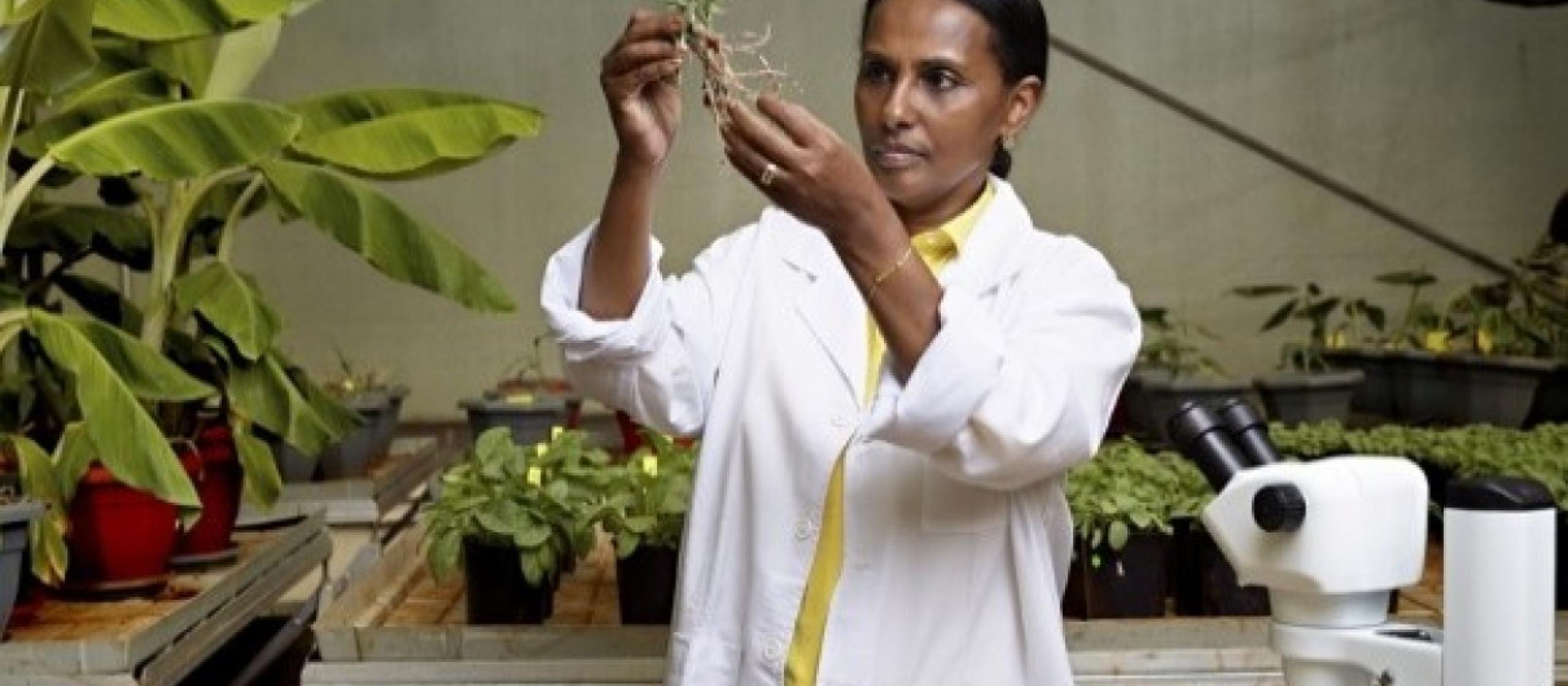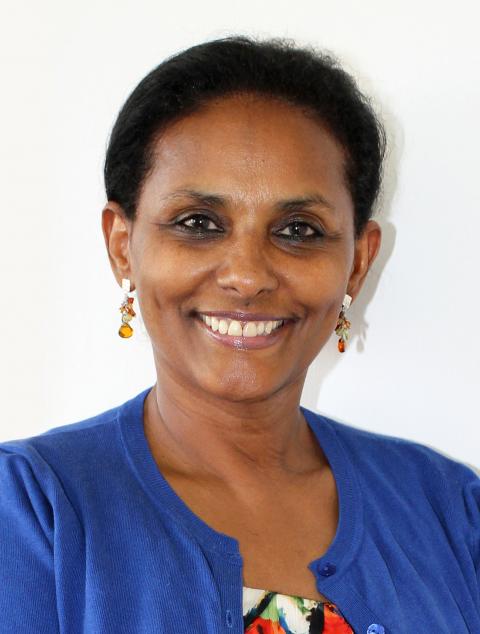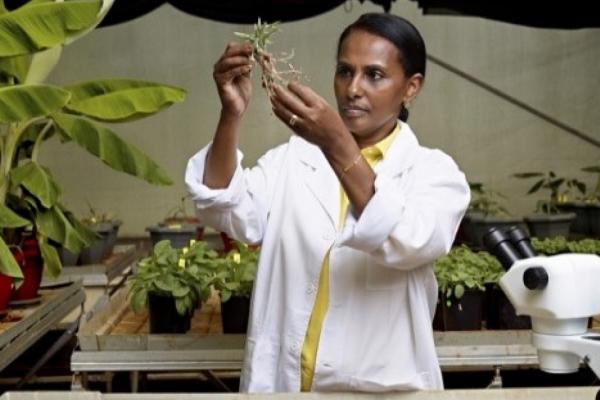- HomeHome
-
About ACIAR
- Our work
- Our people
-
Corporate information
- ACIAR Audit Committee
- Commission for International Agricultural Research
- Policy Advisory Council
- Agency reviews
- Executive remuneration disclosure
- Freedom of information (FOI)
- Gifts and benefits register
- Information publication scheme
- List of new agency files
- Contracts
- Legal services expenditure
- Privacy impact assessment register
- Commonwealth Child Safe Framework
- Benefits to Australia
- Careers
- 40 years of ACIAR
-
What we do
- Programs
- Cross-cutting areas
- Resources
- Where we work
-
Funding
- Research projects
- Fellowships
-
Scholarships
- John Allwright FellowshipScholarships to study in Australia for ACIAR partner country scientists to have Australian postgraduate qualifications
- ACIAR Pacific Agriculture Scholarships and Support and Climate Resilience Program
- Alumni Research Support Facility
- Publications
- News and Outreach
Date released
09 April 2020
Honoured this year by UN Women as one of seven female scientists dead or alive who have shaped the world, Dr Segenet Kelemu is one of the newest members of the ACIAR Policy Advisory Council—sharing her expertise to help ACIAR investment in research for development to have the biggest impact.
Dr Kelemu says ACIAR can leverage its expertise and standing in the donor community. ‘ACIAR is a small funding agency relative to the global portfolio of funding but what ACIAR has been really successful in is that its investment has been strategic and selective in putting its funding where it really matters,’ she says.
Two key research areas where Dr Kelemu says ACIAR has a strategic advantage in investing are invasive species including pests, weeds and disease-causing pathogens, and climate change mitigation.
‘Countries like Australia have protected their agricultural system largely from invasive species, invasive weeds, invasive pests and diseases, although they have had their own share of bad experiences from these,’ says Dr Kelemu.
‘I think that area would be very critical to invest in for Australia, both to protect Australian agriculture and also to protect other countries.’ She acknowledges that Australia has ‘suffered a lot’ due to climate change, noting the recent bushfires that have ravaged the country. She says ‘there is not enough done in climate change mitigation’ but that Australia has an important role to play to help.
Dr Kelemu intends to share these insights and many others as part of her role on the ACIAR Policy Advisory Council. The eight-member council advises the Minister for Foreign Affairs on matters relating to the agricultural problems of developing countries as well as programs and policies on agricultural research. The council fills a valuable overview role by advising not just the minister but also ACIAR on important matters, including national and regional research priorities—particularly those of ACIAR partner countries—as well as modes of operation for the Centre.
With current members sprinkled throughout the Asia-Pacific region, Dr Kelemu brings a fresh perspective from her home base of Africa. The molecular plant pathologist worked her way up from being the first woman in her region in Ethiopia to get a college degree to now occupying the position of Director General and CEO of the International Centre of Insect Physiology and Ecology (icipe) in Nairobi, Kenya. Before taking up her current position Dr Kelemu was the Vice President for Programs at the Alliance for a Green Revolution in Africa (AGRA) based in Nairobi and spent more than 25 years in the USA and Latin America in an exceptional career as a scientist. It is of no surprise, then, that she has been recognised by Bill Gates as one of five ‘Heroes in the Field’ using their talents to fight poverty, hunger and disease.
Now as part of the Council Dr Kelemu wants to use her expertise to help ACIAR enhance its strategic position and pinpoint where the research centre can add value. ACIAR has made a name for itself by putting smaller amounts of money into ‘very promising projects that traditional funders might not immediately move into but which they then are enticed to support because of ACIAR, says Dr Kelemu. That selectiveness and thoughtfulness is perhaps one of the reasons why she thinks ‘in the CGIAR system and elsewhere in the research for development arena, ACIAR sits in a very strategic position’.
As proof of the Centre’s clout, Dr Kelemu points to INSFEED, a project her organisation is currently involved in which proposes to develop insect-based feeds for sustainable poultry and fish production in sub Saharan Africa. When ACIAR decided to cofund with the International Development Research Centre (IDRC) in Canada on this ‘very innovative project’, Dr Kelemu says ACIAR and IDRC became the first to provide funding for research on insects as a protein source. Not long after, traditional funders like the German Government—including the Federal Ministry of Economic Cooperation and Development (BMZ) and the development agency GIZ—and the Rockefeller Foundation stepped into the space. ‘ACIAR has played the global funding arena extremely well,’ she says. Dr Kelemu says she hopes Australia will invest more in Africa. In her first meeting as a Council member she emphasised the mutual benefit of funding research in the continent, given that the two places shared many similarities like dryland agriculture and could therefore share any lessons learned. She also discussed the value Australia got back from investing in the continent through trade and foreign policy.
Moving forward, Dr Kelemu would also like to communicate through the council to the government and ACIAR the importance of Australian universities in capacity building and research for development.
She uses herself as an example of the possibilities when developed countries support the education of future scientists in developing countries. ‘I was educated in America with funding from the USA and I remain extremely eternally grateful, because I wouldn’t be where I am today without that investment in me,’ says Dr Kelemu. ‘[USA support] enabled me to contribute to the continent in a big way.’
Dr Kelemu estimates that when she was doing her PhD, roughly 70% of her peers were foreign students. ‘America benefits from all these discoveries and research outputs and so on because the research is largely done by graduate students and postdocs in every laboratory in the USA,’ she says. ‘You get the best and the brightest support from developing countries and you get a tenfold benefit or more from that research output and contribution also to the development of the country where that particular student comes from.’





